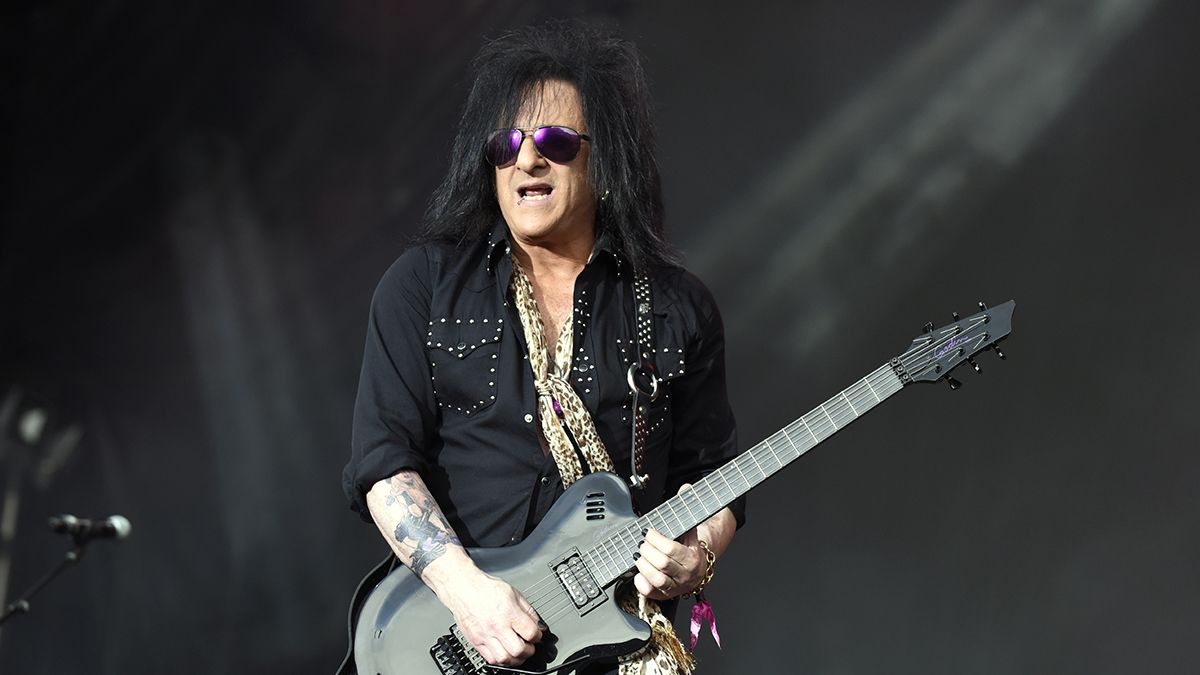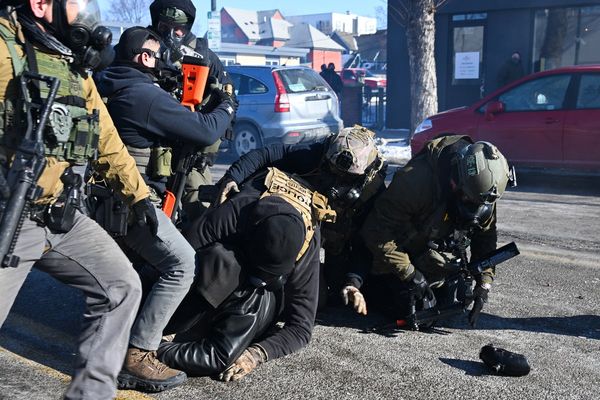
Steve Stevens' guitar work has been crucial to Billy Idol’s repertoire. Indeed, the Eyes Without a Face hitmaker’s longtime guitar slinger and right-hand man has drawn parallels to luminaries like Eddie Van Halen, thanks to a playing style for which he is as revered for his rhythm playing as he is his solos.
Despite those connections – along with the fact they both played with similar artists throughout their careers – Stevens never felt pressured to compete with Van Halen, and instead ventured out to find his own voice.
While discussing how he gets this voice into any track he works on, Stevens tells Guitar World's Paul Riario, “It's really simple: serve the song.
“I was affected as much as anybody by 1978, hearing that first Van Halen record, but, I guess, because I wasn't in LA, I could appreciate it, but never try and emulate it,” he recalls. “Whereas I think the other guitar players in LA went, ‘Oh, my God, I got to compete with that.’”
However, the real turning point in his journey toward developing his own distinctive style came when he dropped out of high school and cut his teeth with a cover band.
“We were playing the Long Island cover band scene. So I had to learn all these records, and we [would] do three sets a night, 45 minutes, four nights a week and I'm deciphering these parts – everything from Jethro Tull to Led Zeppelin, and we did Yes, and Beatles, and everything.
“I learned about guitar arranging, and how to make the parts the sum greater than the individual instruments. I applied that theory certainly to Rebel Yell [Idol’s sophomore album].”
Another lesson he learned early on? “The cleaner you can get your guitar sound when you record, the better it's going to sound,” he imparts.
“Led Zeppelin, Jimmy Page – everybody thinks they're so heavy. The guitar sounds are really small and clean. That's true of a lot of my favorite guitar players,” he continues. “Steve Howe from Yes is one of my favorites, and I don't play anything like Steve Howe. The way that he orchestrated his guitars and utilized different styles really had a profound effect on me.”
Stevens and Van Halen have another thing in common – they both worked with the powerhouse duo that was Michael Jackson and Quincy Jones. While Van Halen recorded the iconic solo on Beat It, Stevens left his mark on its ‘spiritual successor,’ Dirty Diana.







